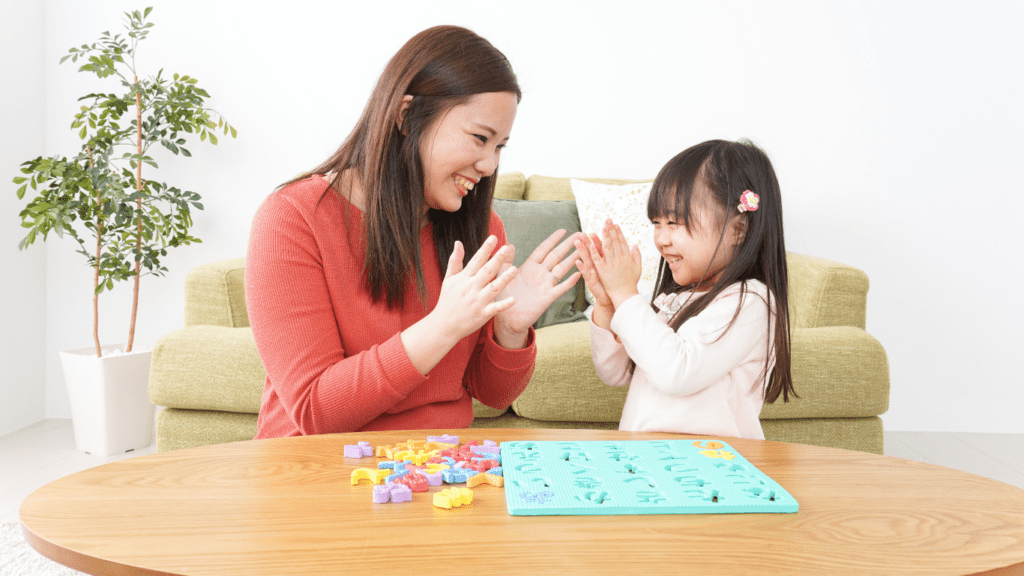Parenting is a journey filled with countless moments of joy, frustration, and discovery. Every child grows in their own unique way, and with that growth comes stories that shape not just their lives but ours as parents. These stories often hold lessons, surprises, and reflections that help us navigate the ever-changing landscape of raising children.
The Power Of Parenting Narratives
- Parenting stories reveal profound insights into the process of raising children. These narratives often highlight unexpected lessons, teaching parents resilience, patience, and adaptability. Through shared experiences, I’ve observed how parents uncover new perspectives on growth and development.
- Stories of struggle emphasize the challenges of guiding children through difficulties. For example, a parent might recount helping their child overcome anxiety during their first public performance. Such stories demonstrate the emotional strength both parents and children develop together.
- Milestone-events capture moments of pride and joy. A toddler’s first steps or a teenager’s successful college admission showcase the tangible progress of a child’s growth. These milestones inspire others and reinforce the importance of celebrating small and significant achievements.
- Daily interactions reflect the subtle but vital aspects of parenting. Simple exchanges, like cooking together or bedtime conversations, reveal the emotional bonds forming over time. These quiet moments often hold the essence of parental connection.
- When shared, these parenting narratives connect individuals across diverse backgrounds. They foster understanding, empathy, and encouragement among parents navigating similar experiences.
Growth Through Challenges
Navigating challenges is central to both parenting and a child’s growth. Each obstacle presents valuable moments of learning and transformation for both parent and child.
Overcoming Early Struggles
Early parenting challenges often shape the foundation of resilience. I remember the sleepless nights when my infant struggled with colic. Finding solutions meant prioritizing patience and experimenting with remedies like adjusting feeding routines or using comfort techniques. The experience taught me to persevere, even when immediate results weren’t evident.
Later, transitioning my child to their first daycare came with separation anxiety. Observing their gradual adaptation showed me the importance of consistency and reassurance. These initial struggles illuminated how overcoming adversity builds independence and trust in both the child and the parent.
Lessons From Toddlerhood And Beyond
- Toddler years bring unique challenges that test adaptability. My child’s repeated attempts to walk, followed by countless tumbles, demonstrated determination. By encouraging their efforts without intervening too quickly, I witnessed how persistence leads to success.
- Discipline also became a major focus as tantrums tested boundaries. Implementing firm but empathetic approaches, like calmly addressing frustrations and reinforcing positive behavior, was crucial. These years underscored the importance of balancing structure with flexibility.
- As they grew, challenges shifted to subjects like social dynamics and academic progress. For example, guiding my child through their first friendship conflict taught me to model empathy and communication. These experiences reminded me that every phase demands evolving strategies.
Building Connections Through Stories
Parenting stories serve as powerful tools to deepen relationships between parents and children. Shared experiences create emotional resonance, strengthen bonds, and highlight the beauty of growth.
Strengthening Emotional Bonds
Telling personal stories often fosters a sense of security and mutual understanding. I noticed my child’s eyes light up when I shared a childhood memory that mirrored their current struggles. These moments help children feel less isolated in their emotions. Storytelling during bedtime or car rides opens up conversations about feelings, teaching emotional vocabulary and empathy.
I’ve also found that co-creating stories, such as weaving narratives from their drawings or imaginative play, nurtures creativity while deepening our bond. This shared activity demonstrates genuine interest in their thoughts, enhancing trust.
Celebrating Milestones And Achievements
Sharing stories about milestones, both big and small, reinforces a sense of accomplishment and motivates further growth. When I recounted the day my child took their first steps, they laughed but also beamed with pride, recognizing the importance of their achievements. These moments create lasting memories and confidence.
Documenting events like finishing a challenging school project or a successful soccer game preserves the joy of milestones. I often revisit these stories during family talks, creating a narrative of perseverance and success my child carries forward. This reinforces their self-worth and reminds them of the support I provide in every stage.
Teaching Values And Life Lessons

Sharing values through everyday moments strengthens character development. I use stories and familiar activities to impart crucial lessons that guide my children as they grow.
Stories Of Empathy And Kindness
I find that storytelling highlights the importance of empathy and kindness. When my child struggled with a peer conflict, I shared a story about a time I faced a similar situation, emphasizing understanding others’ perspectives. By connecting the lesson to real-world experiences, I showed the value of compassion in resolving disputes. Consistently sharing such narratives during bedtime or casual conversations nurtures sensitivity toward others and fosters positive social behavior.
I also encourage acts of kindness through examples like volunteering at local food banks or writing thank-you notes. These shared activities combine teaching with action, helping children internalize the impact of generosity. These experiences build empathy beyond family interactions and contribute significantly to their sense of community.
The Role Of Family Traditions
Family traditions shape how I teach values over time. Weekly activities, like Sunday meal preparations together, allow me to demonstrate teamwork and responsibility. Conversations during these traditions often address values like gratitude and perseverance, making the lessons memorable.
Seasonal customs, such as donating toys during holidays, reinforce the importance of sharing and selflessness. These traditions create consistent opportunities to teach life lessons in a way that feels approachable and meaningful for my children. Through rituals and intentional guidance, I ensure these values become natural parts of their everyday lives.
Inspiring Personal Growth In Parents
Parenting shapes adults as much as it shapes children. Through stories, experiences, and challenges, I’ve found opportunities for self-discovery and growth.
Self-Reflection Through Storytelling
Sharing stories with my children has often led me to reflect on my own actions and values. When I tell them about times when I faced fear or failure, I’m reminded of how I overcame obstacles and how those lessons shaped who I am today. Storytelling becomes a mirror, helping me identify the:
- behaviors
- priorities
- beliefs
I want to model. For example, recounting stories about my childhood taught me the importance of persistence, and I deliberately incorporate those lessons into my parenting approach.
These moments of reflection also highlight areas where I can improve. When I hear myself encouraging patience or kindness, I realize my own need to practice these traits more consistently. Through this shared narrative process, I grow alongside my children, building a more intentional approach to life and parenting.
Finding Joy In The Parenting Journey
Parenting’s challenges often come hand-in-hand with unexpected moments of joy. I’ve learned to find happiness in small victories, like my child tying their shoes or conquering a fear of the dark. These instances reveal the beauty of progress and remind me to celebrate even the smallest steps forward.
Rather than focusing on perfection, I’ve discovered that joy comes from embracing the imperfection of the parenting experience. Laughing through mishaps, like spilled milk during breakfast or a messy art project on the kitchen table, adds levity to daily life. It’s in these moments, with all their chaos and warmth, that I feel a deeper connection to my children and myself. Recognizing and appreciating these moments consistently renews my energy and passion for this journey.





